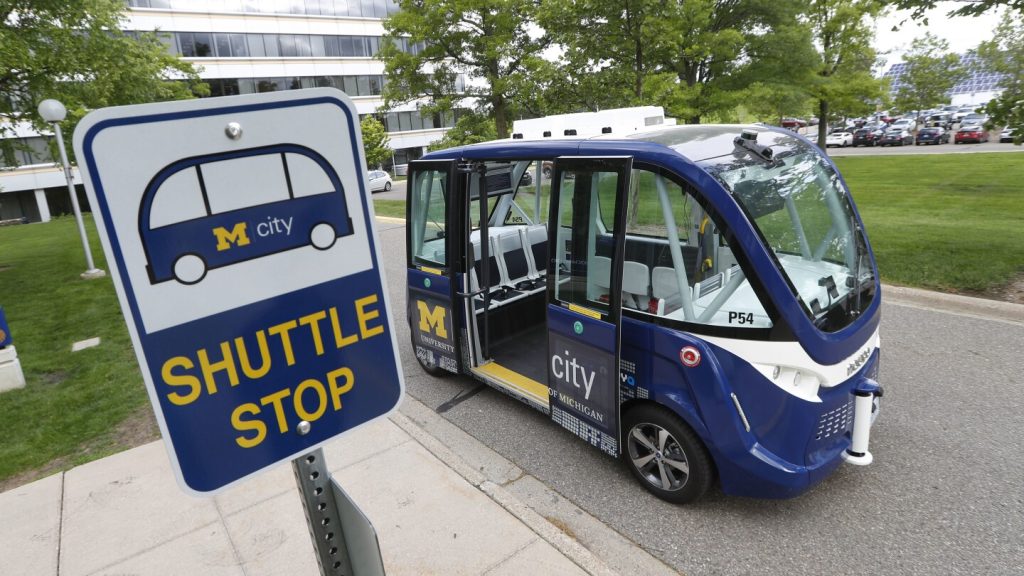At the University of Michigan, Henry Liu, an expert in autonomous vehicles, is advocating for the federal government to establish a national driver’s test for self-driving vehicles. This test would set minimum standards to ensure these vehicles demonstrate basic skills and competence on public roads. Liu believes that such a regulation is crucial for ensuring safety for consumers, developers, and the government. With growing concerns about the safety of self-driving cars following several high-profile crashes, Liu is calling for a standardized test to boost public confidence in these vehicles.
Currently, there are no specific federal regulations governing self-driving vehicles, and only a few states have their own requirements in place. The National Highway Traffic Safety Administration has been collecting data on crashes involving autonomous vehicles but has only issued voluntary guidelines without driving tests. Liu suggests that a driver’s test should evaluate the vehicle’s ability to navigate various traffic scenarios, such as making left turns at intersections or stopping at stop signs. He argues that a standardized test would prevent poorly performing autonomous vehicles from being released onto the roads without proper evaluation.
Liu believes that implementing a driver’s test for self-driving vehicles would facilitate their deployment in the U.S. by reducing resistance from cities and local authorities. While Tesla CEO Elon Musk has criticized federal regulations for hindering innovation, Liu argues that basic driving standards can actually enhance innovation and the widespread adoption of autonomous vehicles. He points to Europe and China, where autonomous vehicles undergo third-party testing, as examples for the U.S. to follow. Liu predicts that autonomous vehicles will become prevalent on U.S. roads within the next five to ten years, making it imperative for the federal government to take action now.
Companies like Waymo and General Motors’ Cruise have already begun operating autonomous vehicles in certain areas, with plans for further deployment. Aurora Innovation and Gatik are also gearing up to launch fully autonomous semi-trucks for freight hauling by the end of the year. However, the industry has faced setbacks, including crashes involving Uber and Cruise autonomous vehicles that resulted in fatalities and injuries. Liu stresses the importance of safety testing to prevent such incidents and ensure the responsible development and deployment of self-driving technology.
As autonomous vehicles continue to evolve and become more prevalent, Liu’s proposal for a national driver’s test for self-driving cars aims to establish a uniform standard for their safety and performance on public roads. With the potential to save lives and enhance transportation efficiency, ensuring that these vehicles meet basic competency requirements is crucial. By advocating for federal regulation in this area, Liu hopes to address public concerns, boost industry innovation, and pave the way for the widespread adoption of autonomous vehicles in the near future.


